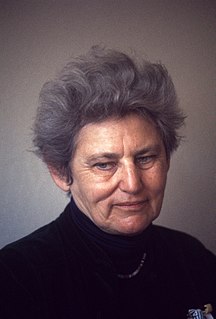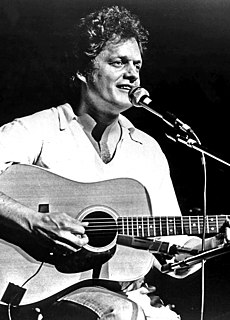Top 70 Keats Quotes & Sayings - Page 2
Explore popular Keats quotes.
Last updated on April 20, 2025.
Literary history and the present are dark with silences . . . I have had special need to learn all I could of this over the years, myself so nearly remaining mute and having to let writing die over and over again in me. These are not natural silences--what Keats called agonie ennuyeuse (the tedious agony)--that necessary time for renewal, lying fallow, gestation, in the natural cycle of creation. The silences I speak of here are unnatural: the unnatural thwarting of what struggles to come into being, but cannot.
I am not a religious person, nor do I have any regrets. The war took care of that for me. You know, I was brought up strictly kosher, but I - it made no sense to me. It made no sense to me what was happening. So nothing of it means anything to me. Nothing. Except these few little trivial things that are related to being Jewish. ... You know who my gods are, who I believe in fervently? Herman Melville, Emily Dickinson - she's probably the top - Mozart, Shakespeare, Keats. These are wonderful gods who have gotten me through the narrow straits of life.
Keats mourned that the rainbow, which as a boy had been for him a magic thing, had lost its glory because the physicists had found it resulted merely from the refraction of the sunlight by the raindrops. Yet knowledge of its causation could not spoil the rainbow for me. I am sure that it is not given to man to be omniscient. There will always be something left to know, something to excite the imagination of the poet and those attuned to the great world in which they live (p. 64)
No theory changes what it is a theory about. Nothing is changed because we look at it, talk about it, or analyze it in a new way. Keats drank confusion to Newton for analyzing the rainbow, but the rainbow remained as beautiful as ever and became for many even more beautiful. Man has not changed because we look at him, talk about him, and analyze him scientifically. ... What does change is our chance of doing something about the subject of a theory. Newton's analysis of the light in a rainbow was a step in the direction of the laser.
Have not Manet and Monet, Cézanne and Matisse, rendered to painting something of the same service which Keats and Shelley gave to poetry after the solemn and ceremonious literary perfections of the eighteenth century? They have brought back to the pictorial art a new draught of joie de vivre; and the beauty of their work is instinct with gaiety, and floats in sparkling air. I do not expect these masters would particularly appreciate my defence, but I must avow an increasing attraction to their work.
Vanish. Pass into nothingness: the Keats line that frightened her. Fade as the blue nights fade, go as the brightness goes. Go back into the blue. I myself placed her ashes in the wall. I myself saw the cathedral doors locked at six. I know what it is I am now experiencing. I know what the frailty is, I know what the fear is. The fear is not for what is lost. What is lost is already in the wall. What is lost is already behind the locked doors. The fear is for what is still to be lost. You may see nothing still to be lost. Yet there is no day in her life on which I do not see her.
Keats's odes are among my favorite poems ever. As are Neruda's. So yes, I think my poems are odes, though I really just see those titles as ways of more or less orienting the poem. I've never thought about this until now, but I guess you could say that one effect of all the titles, their pervasiveness in the book, might be to once again, as so many other things do, put into question the meaning of the word "for," which I suppose is one of the great human questions: what is all this for? Why, and for whom, are we doing whatever we are doing?
When I started this song I was still thirty-three The age that Mozart died and sweet Jesus was set free Keats and Shelley too soon finished, Charley Parker would be And I fantasized some tragedy'd be soon curtailing me Well just today I had my birthday I made it thirty-four Mere mortal, not immortal, not star-crossed anymore I've got this problem with my aging I no longer can ignore A tame and toothless tabby can't produce a lion's roar.
I think of myself primarily as a reader, then also a writer, but that's more or less irrelevant. I think I'm a good reader, I'm a good reader in many languages, especially in English, since poetry came to me through the English language, initially through my father's love of Swinburn, of Tennyson, and also of Keats, Shelley and so on - not through my native tongue, not through Spanish. It came to me as a kind of spell. I didn't understand it, but I felt it.
Great lecturers seldom hesitate to use dramatic tricks to enshrine their precepts in the minds of their audiences, and at Yale perhaps Chauncey B. Tinker was the most noted. To read one of his lectures was like reading a monologue of the great actress Ruth Draper--you missed the main point. You missed the drop in his voice as he approached the death in Rome of the tubercular Keats; you missed the shaking tone in which he described the poet's agony for the absent Fanny with him his love had never been consummated; you missed the grim silence of the end.









